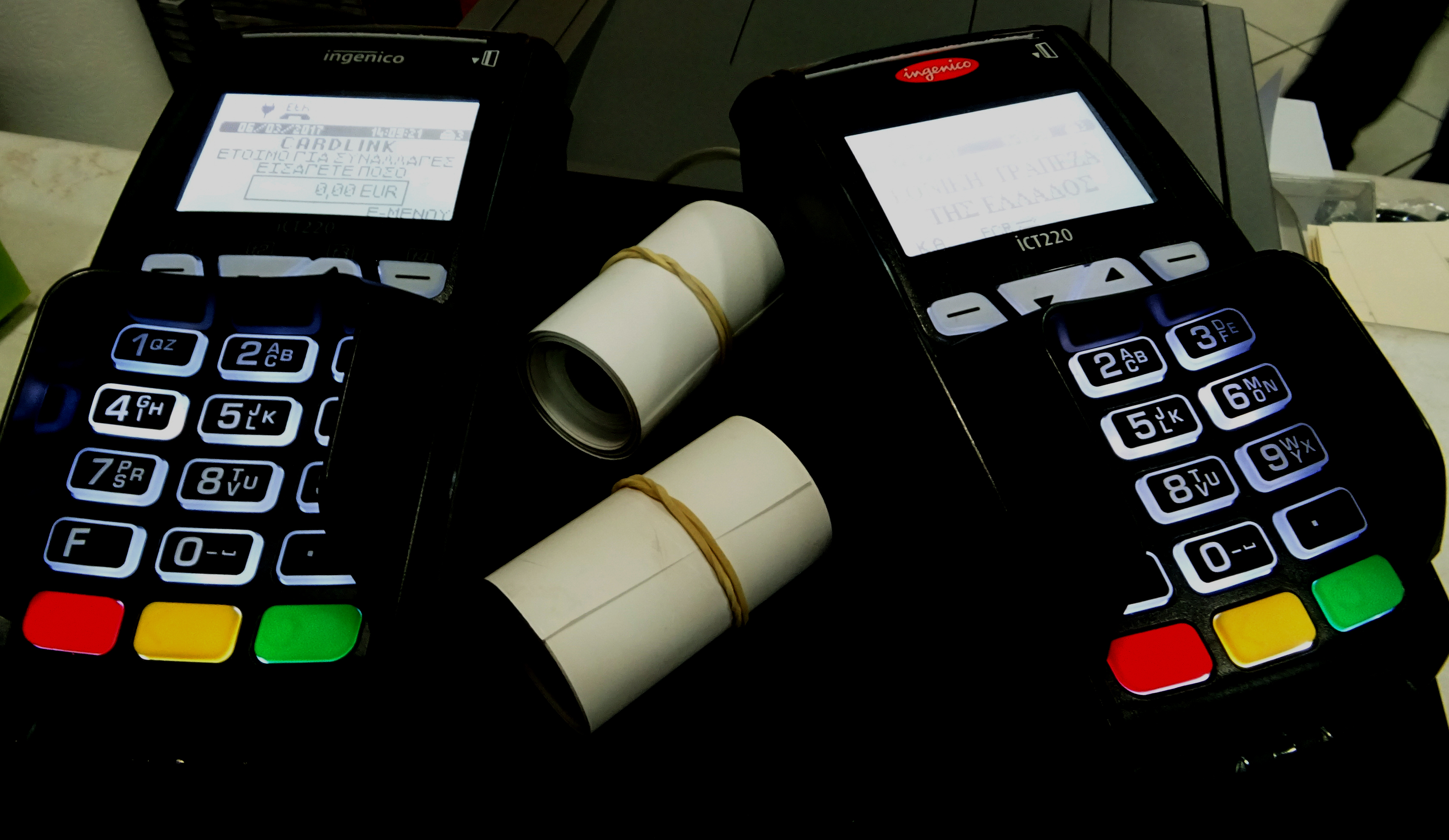Greece is in first place among all eurozone countries in the use of cash instead of plastic money in transactions in 2016, according to an annual report issued by the European Central Bank (ECB).
According to the new data, cash was used in Greece in 88 percent of the total number of transactions, which amounted to 75 percent of the total value of all transactions.
The corresponding eurozone average for the same period was 79 percent and 54 percent, respectively.
The distance between Greece and other eurozone countries remains, despite the imposition of capital controls in 2015, nearly three years ago, which led to a dramatic increase in the use of plastic money, mainly debit cards.
Plastic money more popular since 2016
The 2016 data do not offer an accurate image of the situation today, as the use of plastic money has risen significantly since then.
According to an assessment by Cardlink, there was a 40 percent hike in the value of transactions with debit and credit cards in 2017, which reached 26.5 billion euros in value.
The value of plastic money transactions in Greece has doubled since 2015.
During the same period, the number of transactions with plastic money increased by 93 percent annually, jumping from 165 million euros in 2015, to 620 million euros in 2017.
Greek consumers are beginning to prefer plastic money even for purchases of very small value, which is viewed as a positive development.
In the first quarter of 2018, the average debit card transaction was 35 euros (compared to 48 euros in 2015), and 59 euros (compared to 72 euros in 2015) for credit card transactions.
Over half the plastic money purchases in the first months of 2018 were under 20 euros in value.





